Turkey condemns EU court ruling on headscarf ban as 'legal cover for discrimination'
Turkey has condemned a European Union court ruling that allows EU firms to ban employees from wearing headscarves as a blatant "basis and legal cover for discrimination" against Muslim women.
The EU Court of Justice (CJEU), which is based in Luxembourg, issued a ruling on Thursday stating that companies in the EU were allowed to ban employees from wearing hijab if it was contrary to the firms’ policy of projecting an image of neutrality.
Turkey has condemned a European Union court ruling that allows EU firms to ban employees from wearing headscarves as a blatant "basis and legal cover for discrimination" against Muslim women.
The EU Court of Justice (CJEU), which is based in Luxembourg, issued a ruling on Thursday stating that companies in the EU were allowed to ban employees from wearing a headscarf if it was contrary to the firms’ policy of projecting an image of neutrality.
"The CJEU decision, at a time when the Islamophobia, racism and hatred that have taken Europe hostage are rising, disregards religious freedom and creates a basis and legal cover for discrimination," the Turkish Foreign Ministry said in a written statement on Sunday.
The ruling of the European Court of Justice “violates the freedom of religion,” it added. “We condemn the decision, which is legally and conscientiously wrong and dangerous regarding Islamophobia it will fuel,” it noted.
The ministry's statement followed a similar condemnation of the top court's ruling by the Turkish presidency's communication director Fahrettin Altun.
Altun said the CJEU ruling against hijab was wrong, condemning the court ruling as "an attempt to grant legitimacy to racism."
Ankara has repeatedly slammed European countries for racism and discrimination against Muslims.
The Turkish government has said that it plans to release an annual compilation of cases of discrimination against Muslims and Islamophobia around the world.
Turkey-EU relations deteriorated over a range of issues, including Ankara's stalled membership talks in the bloc and the flow of refugees into the EU. A dispute between EU member state Greece and Turkey over maritime jurisdiction and energy rights in the eastern Mediterranean has further plunged bilateral relations to their lowest level in decades.
Ankara and Brussels had a standoff over competing claims by Greece and Turkey to sovereignty over waters rich in hydrocarbon reserves. It led to a naval showdown between the two in 2020.
Turkish President Recep Tayyip Erdogan is scheduled to visit Northern Cyprus on Monday to take part in Turkish Cypriots celebrations marking the anniversary of Turkey’s 1974 Peace Operation.
Turkey launched the operation to protect the island’s Turkish population against an attempt by Greek-backed military forces to annex the north section of the island.
Erdogan, who will meet with Turkish Cypriot President Ersin Tatar, is set to review the latest developments in the Eastern Mediterranean and explore ways to strengthen relations between them.
Analysts expect Erdogan's visit to Nicosia to draw the ire of the EU nations who are supportive of Greek Cypriots.
Iran: US airstrikes on Yemen war crimes, violation of international law
Yemeni armed forces down F-18 fighter jet, repel US-UK attack: Spokesman
Iran warns against US-Israeli plot to weaken Muslims, dominate region
VIDEO | Public uproar in US against Israeli regime
‘Ghost town’: 70% of Jabalia buildings destroyed by Israel
Mother’s Day: Sareh Javanmardi’s inspiring journey as Paralympic champion and mother
Russia downs over 40 Ukrainian drones as Putin vows 'destruction' on Kiev
VIDEO | Yemen: A bone in Israeli neck


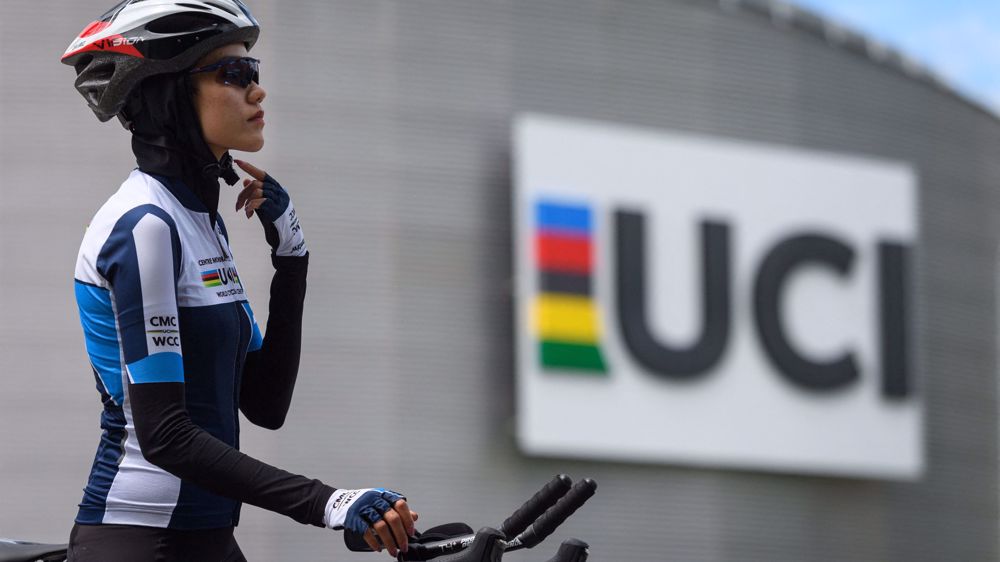
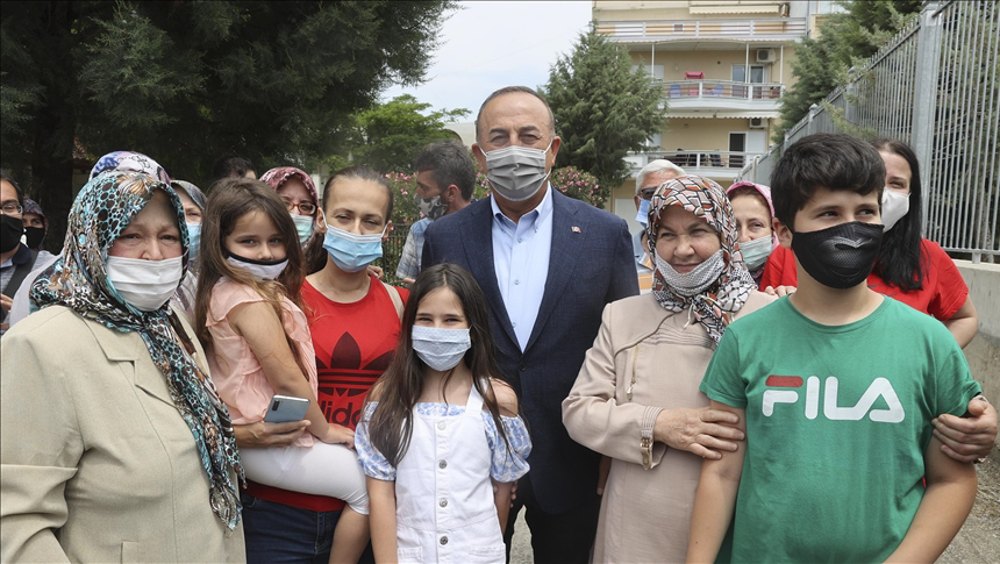
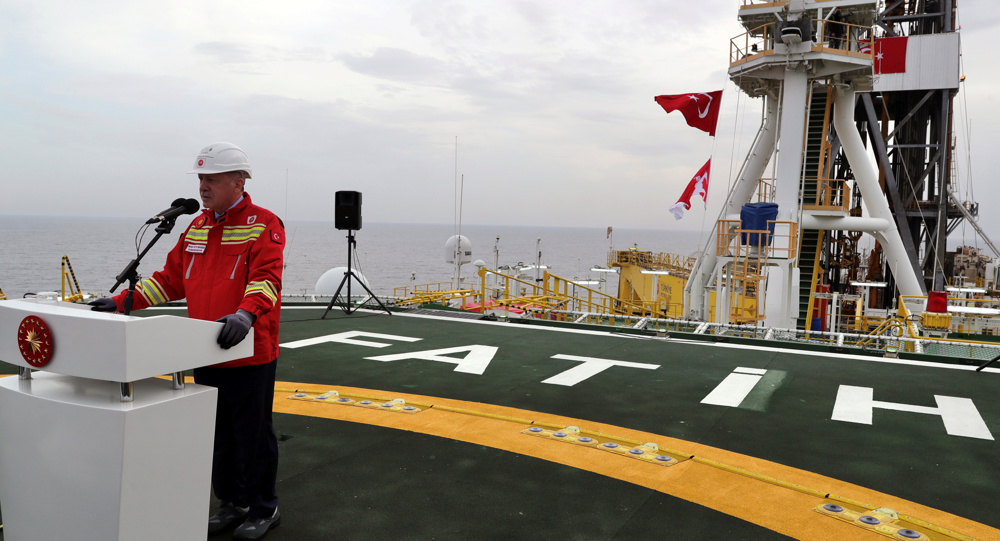


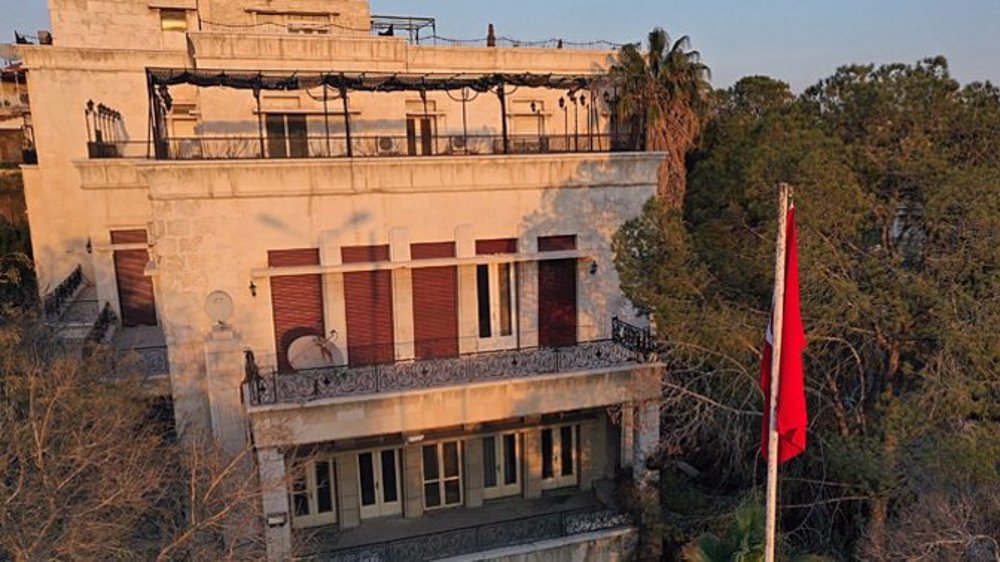



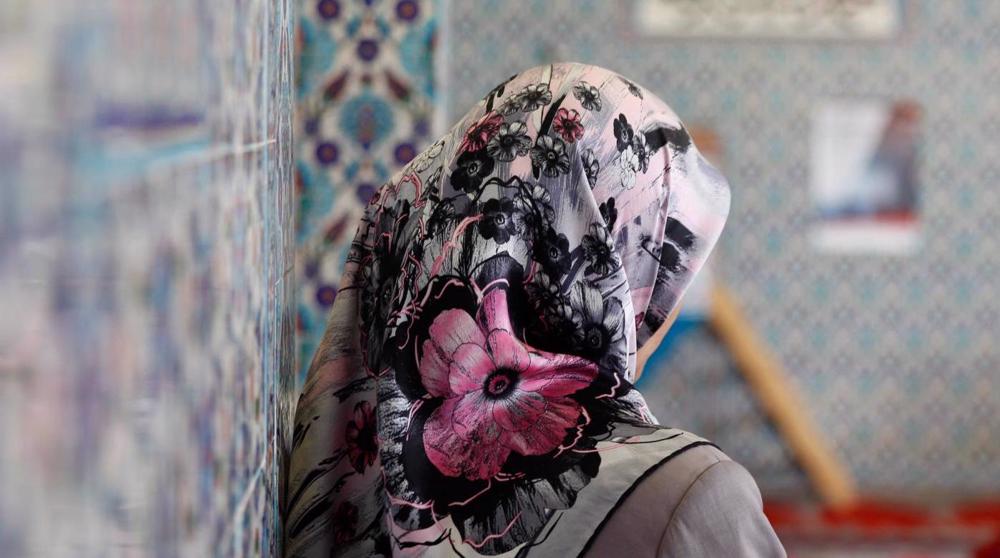

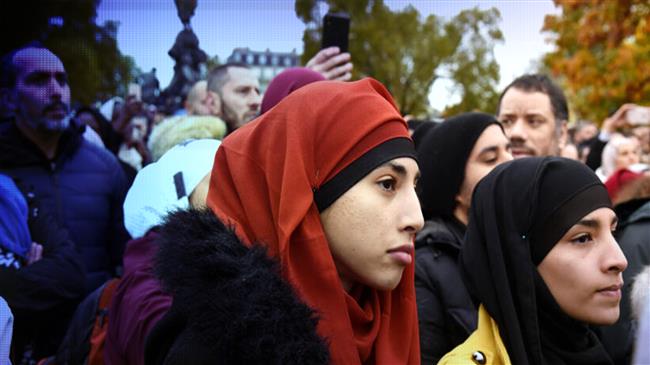
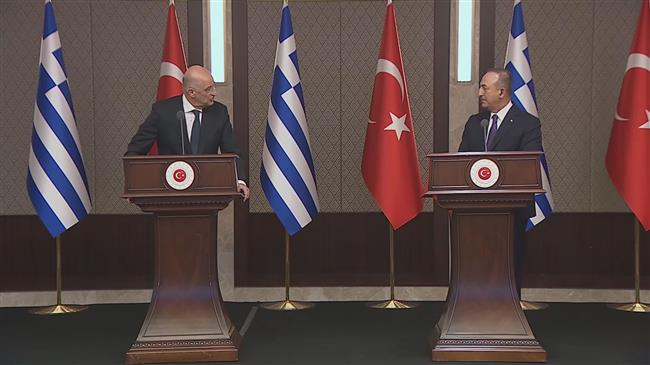

 This makes it easy to access the Press TV website
This makes it easy to access the Press TV website